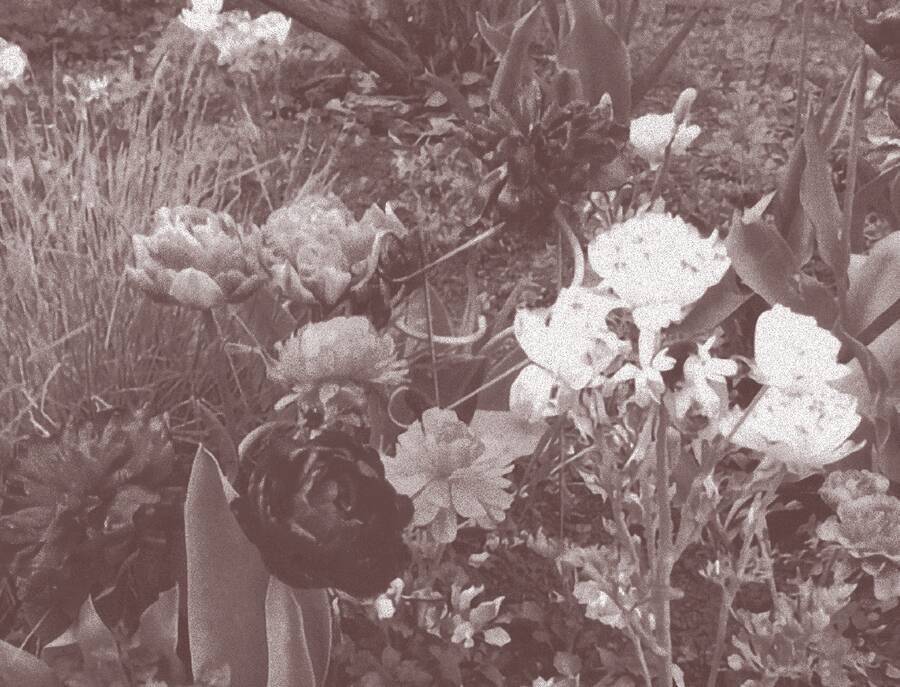
When your bed is not safe anymore because it is too close to the window, you have to arrange a new bed, very often in the corridor, far from the glass that may burst into thousands of deadly pieces as the result of the explosion wave. Sleep is what you lack above everything else. Monotonous sirens warn of air raids—two sirens a day, three more at night. You are not prepared to be a war victim. You intend to continue your life in the most ordinary way possible.
My friend slept on the floor in the corridor for a month, her pets and children nearby. She also received her friends there. In time, she learned to tell one rocket from another by its sound, how far it could go or how dangerous it was. Once she could make out the differences, she felt better gathering her guests around the table where they belonged, where, back in another life, they’d always been.
Hosting guests in wartime is a challenge. In the early days of the invasion, a displaced old couple who lived not far from our house would come to visit. Sometimes we cooked together and had our picnics in the garden where we learned to appreciate quiet. At the sound of a siren, we would go inside and stay in the safest little room in the house, praying the flying rocket would not destroy our tenuous festivity.
The war brought other kinds of company, too—new kinds of quality time. Since the first days of the war, the citizens of Odessa volunteered to support the Ukrainian military. We gathered to weave camouflage nets, which help Ukrainian soldiers hide from the Russian artillery. The work took long hours, but it also brought relief. While we worked together, we discussed the news, but we also joked and shared stories. We were mostly women; at such gatherings one could learn how to bake a quick, delicious cake, where to buy cat food, how to stay beautiful with very few hours of sleep.
So many volunteers joined the defense efforts. Some drove long distances in search of medication for the army and hospitals. Many of them were young girls who loved driving. Others delivered pet food to pet owners. Before the war, animals in Odessa were more or less happy. Old babushkas out on a stroll always carried snacks for the street cats who lived by the sea and in the abandoned sanatoriums and near the supermarkets. Now the cats are scared off by the sound of explosions, and the babushkas are scared, too; they’ve stopped going out to stroll. I’ve also taken to walking only in my yard.
It was the end of winter when the war began. Then spring came. I was walking around my garden. I had bought some hydrangeas in plastic pots and it was getting warm—time to put them into the soil. I like my flower carpet bright and abundant! I was planting the flowers when the sky exploded. Then there was another bang, it sounded more distant. I kept digging, softly placing hydrangeas into the nests of soil and turf. As I flattened the surface around the stems and watered my new flowers, the sky exploded again and again. Damn it! I thought. Gardening won’t be the same anymore.
It is sad to see your world is no longer adjusted to your routine. Now it is our turn to adjust to this new world. Before the war, I loved to travel. I loved the feeling of taking off, like in those childish dreams when I had wings and could look down on the land unfolding beneath me. Now the runway of our airport has been bombed. The sky above our country has become unsafe. The house where I live in Ukraine is not far from the sea. My city is a key strategic objective for the enemy (if I may use this dry military language to describe such calamity), and mines were put along the sealine to prevent the Russian forces from capturing the city. Civilians are no longer allowed to walk at the shore of my favorite sea. We look out not onto the beautiful horizon, but onto ships carrying deadly missile equipment. You should carry yourself along as if you were a crystal vase full of spring water, I once heard a cardiologist instructing his postinfarction patient. We are now in a postinfarction world, everything is fragile. My friend stopped going to the gym. She goes to the shooting range instead. She now can make the bull’s-eye and is very proud of it. It is better than the gym, she says. It makes sense.
God, how different everything now looks, smells, and sounds! The bee on the flower and the light coming through the lilac bush—it embraces you with your fears and fragility. You practice celebrating every little scene and feeling. You can’t swim in the sea because of naval mines, but you can watch the sea from a distance and enjoy a drink with your friend. You can’t go to a museum because the paintings have been evacuated, but you may see the poster exhibition of the museum paintings displayed along Deribasovskaya Street. There was even a concert dedicated to the Day of Odessa. Lots of people gathered for the concert; in the middle, they had to run to the underground shelters because of the air raid warning—but after it was over they gathered again in front of the erected stage and the concert went on.
Lyudmyla Khersonska is the author of six books of poetry. A Russophone poet, she has spoken about Russia’s war in Ukraine and read her poetry many times on Radio Liberty and in other venues. Her poems have been translated into Ukrainian, English, Lithuanian, Polish, and German.
